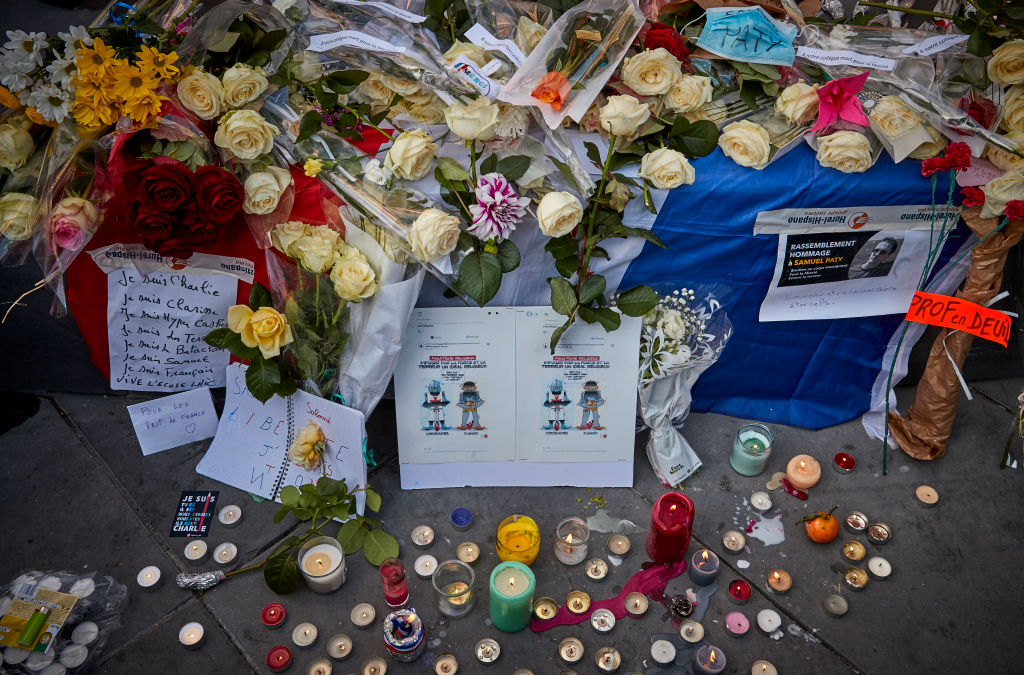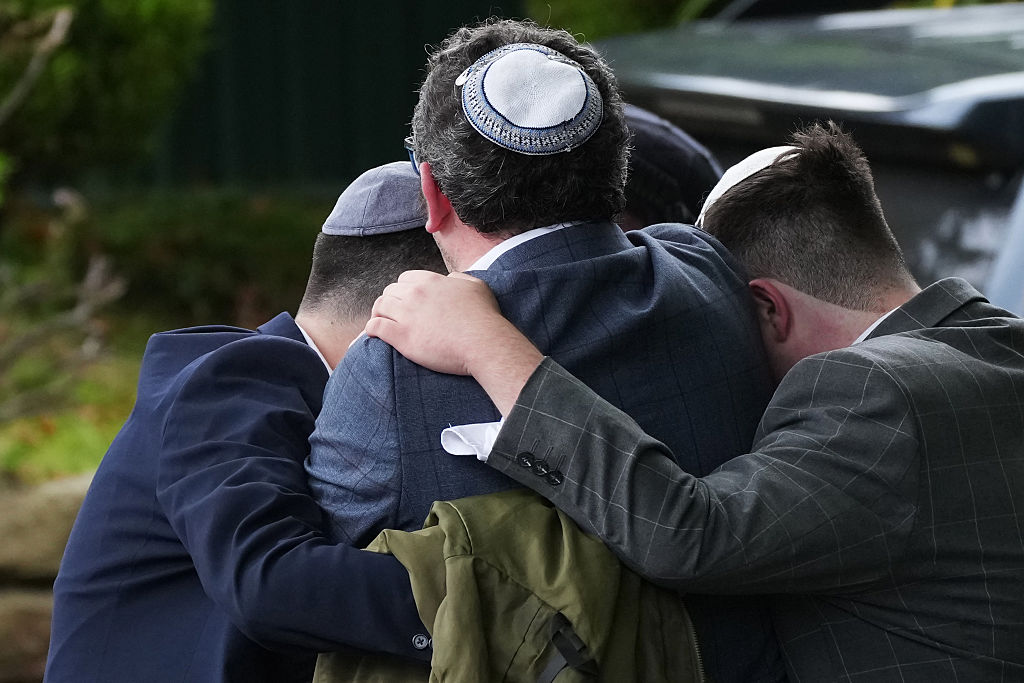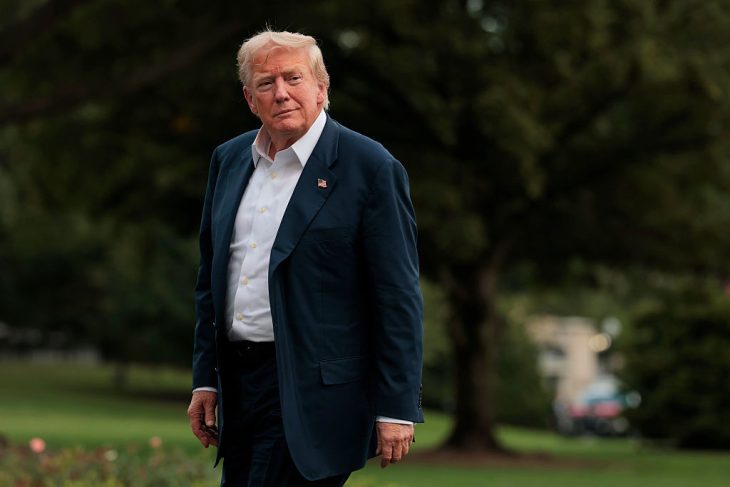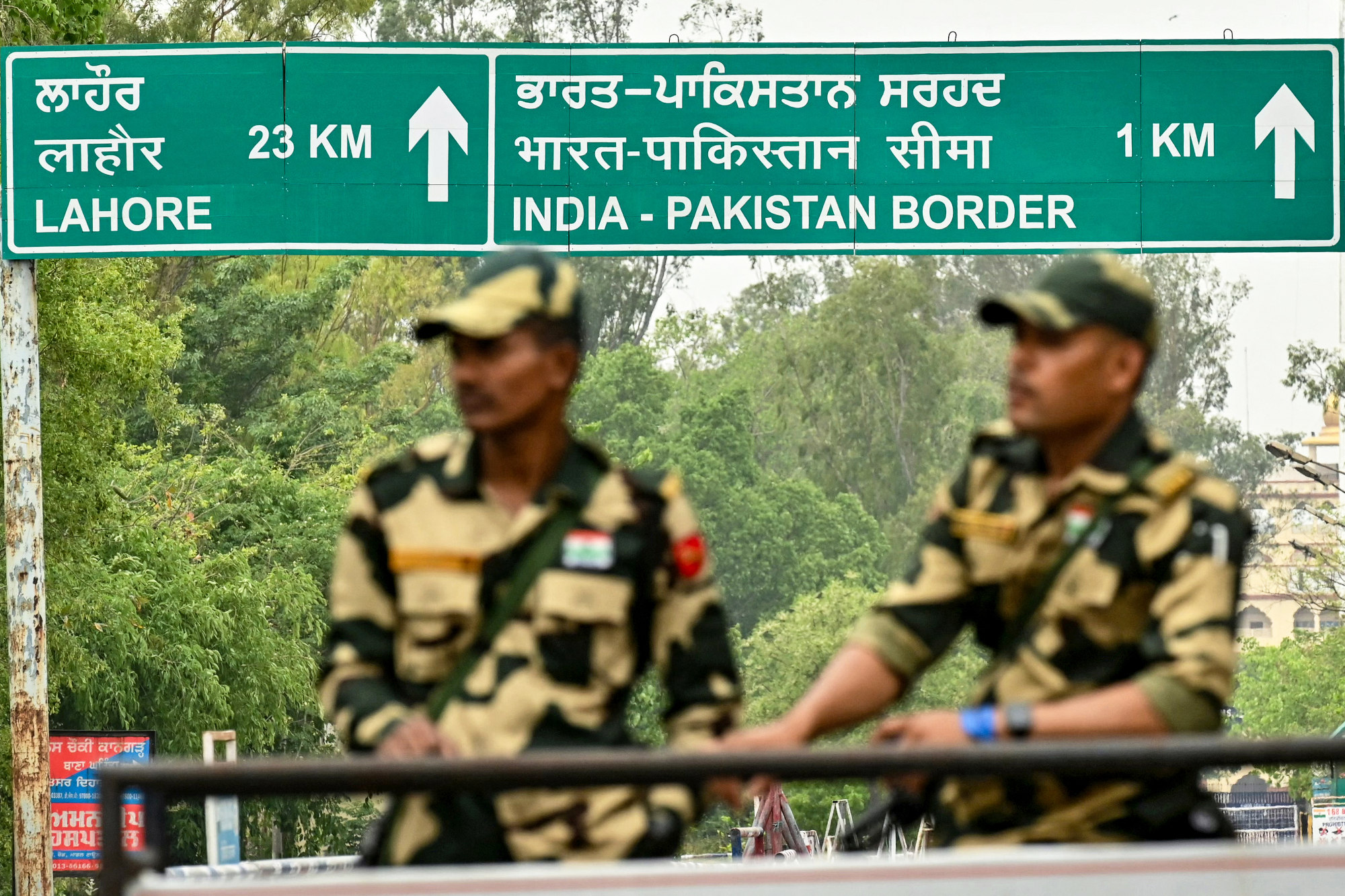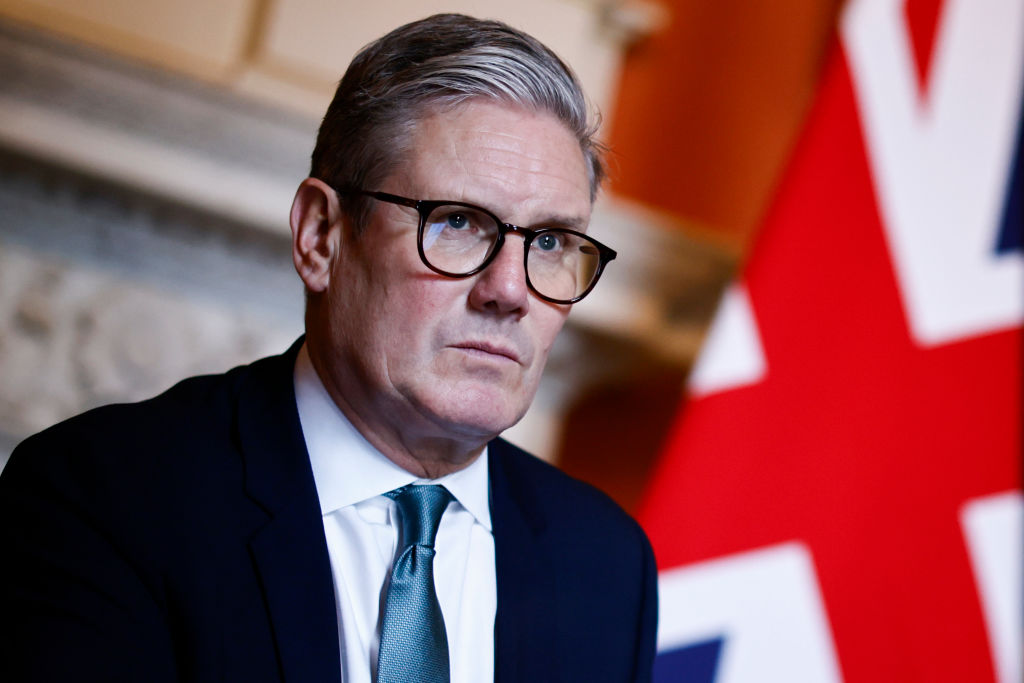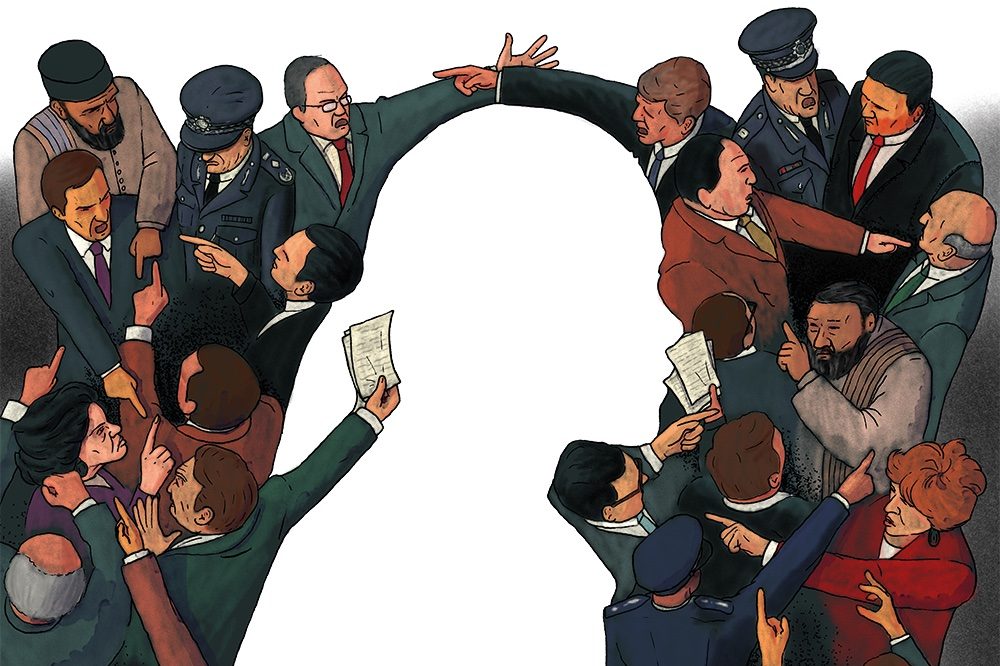A schoolteacher, Samuel Paty, was decapitated in Paris on Friday for showing cartoons of the Prophet Mohammed, in what turned out to be a fatal lesson on freedom of expression. It is the second Islamist attack in the city in less than a month, after a Pakistani man injured two near the former offices of Charlie Hebdo in late September. The latest spate in Islamist violence comes after the satirical French publication decided to republish cartoons of Prophet Mohammed last month to coincide with the trial of the alleged attackers of the original 2015 terror attack on Charlie Hebdo, in which 12 people were killed.
There is a grotesque symbolism to the terror attack on Paty. The act of decapitation itself should carry sufficient weight to jolt the entire populace, but it takes whole new proportions if the victim is a teacher. That is perhaps why thousands in France are rallying for Paty, exclaiming ‘je suis Samuel’. But it is what follows these admirable slogans of solidarity that will determine if France, the West, and the entire world finally understand what it means to be a Samuel, Charlie Hebdo or one of the millions of dissenting freethinkers in the Muslim world.
It is impossible to separate the killing of Samuel Paty with the Islamic blasphemy laws that are in place around the world. Currently there are 12 Muslim states that punish blasphemy against Islam with death, and 20 others that mandate prison sentences. Even children are not safe from these laws. In Nigeria, a 13-year-old was sentenced to ten years in prison for blasphemy last month.
Meanwhile, the demand that those insulting Prophet Mohammed ought to be beheaded is not just taken up by jihadist groups. In May, a government minister in Pakistan called for the beheading of blasphemers and those who mock Mohammed.
Unfortunately, if the recent past is anything to go by, this terror attack will not be the point when these medieval laws in place around the Muslim world are addressed. If anything this attack is likely to be hijacked by those preferring to safeguard the ideology of extreme Islam. On cue, there is already talk of the growing ‘fear’ in France — not among the students and teachers afraid of discussing contentious subjects surrounding Islam, but of a rise in ‘Islamophobia’. This reaction perhaps explains why in a world that continues to conflate Muslims and Islam, the ominous threats posed to dissenting Muslims who ‘blaspheme’ continue to be ignored.
There is no sign that extreme beliefs are being challenged in countries where Muslims are a minority. Twenty-eight percent of the French Muslim community do not condemn the 2015 terror attack on Charlie Hebdo, and 69 percent believe the publication of the cartoons of Mohammed were a ‘useless provocation’.
[special_offer]
The first reaction of Roshan Muhammed Salih, the editor of the UK Muslim news site 5Pillars, following Friday’s terror attack was to demand that Charlie Hebdo be shut down. Salih represents far too many Muslims in the West, and many on the left, who create a parallel between blasphemy against Islam and terror attacks in the name of the religion. It is somehow not only acceptable, but the prevailing opinion to say that words or art criticizing Islam is an act of aggression against Muslims. This equation of words with violence quickly becomes an apologism for Islamist blasphemy killings, and has an important relationship with actual violence in the name of Islam that continues unchallenged in the Muslim world.
The leaders of Muslim states understand this relationship, and instead of pushing for blasphemy laws to be repealed often lecture the West on ‘Islamophobia’. They are strengthened in this by Western institutions like the European Court of Human Rights, who have ruled in the past that defaming the Prophet Mohammed exceeds the permissible limits of freedom of expression, which Muslim leaders loudly touted as a triumph against Islamophobia.
The fear of Islam will only be addressed if it is treated like any other religion, including with regards to the freedom to offend, which is the foundation of free speech. Threats of violence should never be a limiting factor on human rights, which should not be held hostage to offended sensibilities. As long as blasphemy is a capital offense in the Muslim world, it will continue to be extrajudicially executed elsewhere as well.
This article was originally published onThe Spectator’s UK website.



